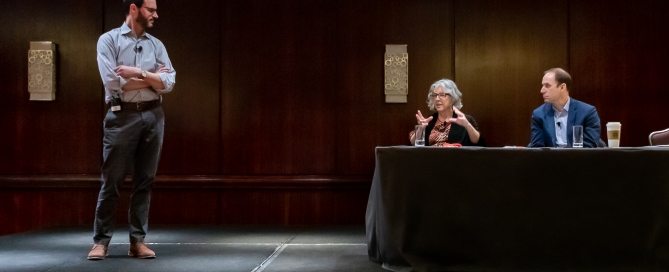The Importance of Conducting Local Research and Building a Community of Practice for Developmental Education Professionals
In the first of a series of blogs from developmental educators, Katheryn McCoskey of Butler Community College writes about the need for educators to keep up with research on their field and study their local circumstances to improve outcomes for students.










